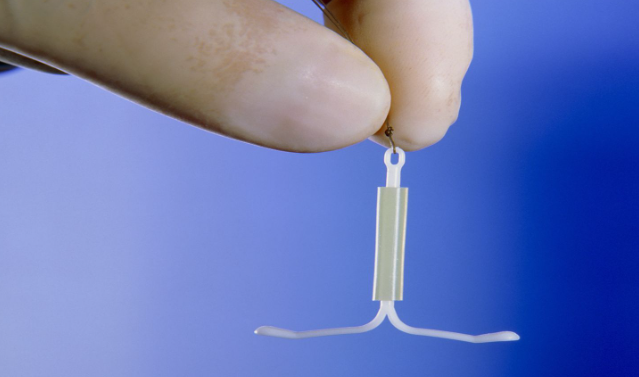
There are many safe and effective options when choosing a method of birth control. Some methods require regular attention, like condoms, the Pill, patches and vaginal rings. Some longer-lasting methods include birth control implants, hormonal injections and intrauterine devices (IUDs). With so many options, deciding which contraceptive is best for you can be difficult. The best way to navigate all options is to talk to your GP.
The use of IUDs is on the rise.
IUDs have been the increasingly preferred method of birth control for women of all ages recently. There are reasons for that:
IUDs are one of the most effective forms of contraception, with a failure rate of less than 1%
IUDs are long-acting, so you don’t have to remember to take anything.
IUDs are one of the safest methods of birth control and have very few side effects.
Q: What is an IUD?
An IUD is a small T-shaped, flexible plastic device (most are a little under 4 cm long) inserted through the vagina into your uterus by a healthcare provider. Once inserted, the medicine in the IUD (the hormone progestin or copper) works to prevent pregnancy until it is taken out or expires (after 3 to 12 years, depending on your specific device).
Q: Why should I consider an IUD over another method of birth control?
It’s highly effective: The IUD is one of the best methods we have for preventing pregnancy. With a failure rate of less than 1%, the IUD is just as effective as permanent sterilization (but unlike sterilization, it is completely reversible). The IUD is much better at preventing pregnancy than most other methods of birth control. To put it in perspective, you are about 10 times less likely to get pregnant with an IUD than with birth control pills.
It’s long-acting: Once your IUD is inserted, that’s it—you don’t need to worry about remembering another form of birth control or the hassle of prescription medication. Depending on the device you choose, your IUD will protect you against pregnancy for anywhere from 3 to 12 years. It can, however, be removed at any time by your healthcare provider (mostly a GP) if you do not like it or decide that you want to get pregnant.
There’s a lower risk for side effects: Because the IUD is inserted directly into your uterus, its effects are concentrated there, which can mean fewer side effects. Unlike other forms of birth control, the medicine in IUDs acts mostly locally, so you have very little getting into your bloodstream. Besides possible changes in your period (certain IUDs may reduce your bleeding during menstruation or stop menstruation together), IUDs rarely cause side effects.
It has potential health benefits: An IUD can help with the cramping and pain associated with periods (though it does not prevent premenstrual syndrome (PMS) or help clear up the skin like some other contraception). IUDs do not contain estrogen, so you’re also at a lower risk for developing blood clots, heart disease or stroke (which are rare but serious risks associated with many other methods, including most birth control pills).
Q: Who can insert the IUD?
GPs and gynecologists insert the UIDs. It is the patient’s individual choice based on location and costs.
GPs at Mentone General Practice perform IUD insertions and removal. Please, contact our Reception at (03) 9583 6996 for an appointment or more information.
More information: Some IUDs help against heavy periods.
Topic: IUDs, IUD insertion and removal, GP IUD insertion in Bayside, Melbourne.